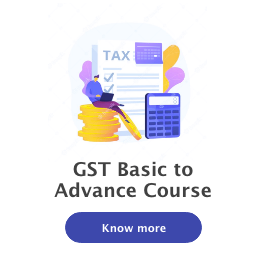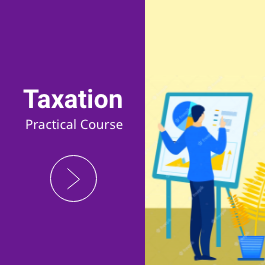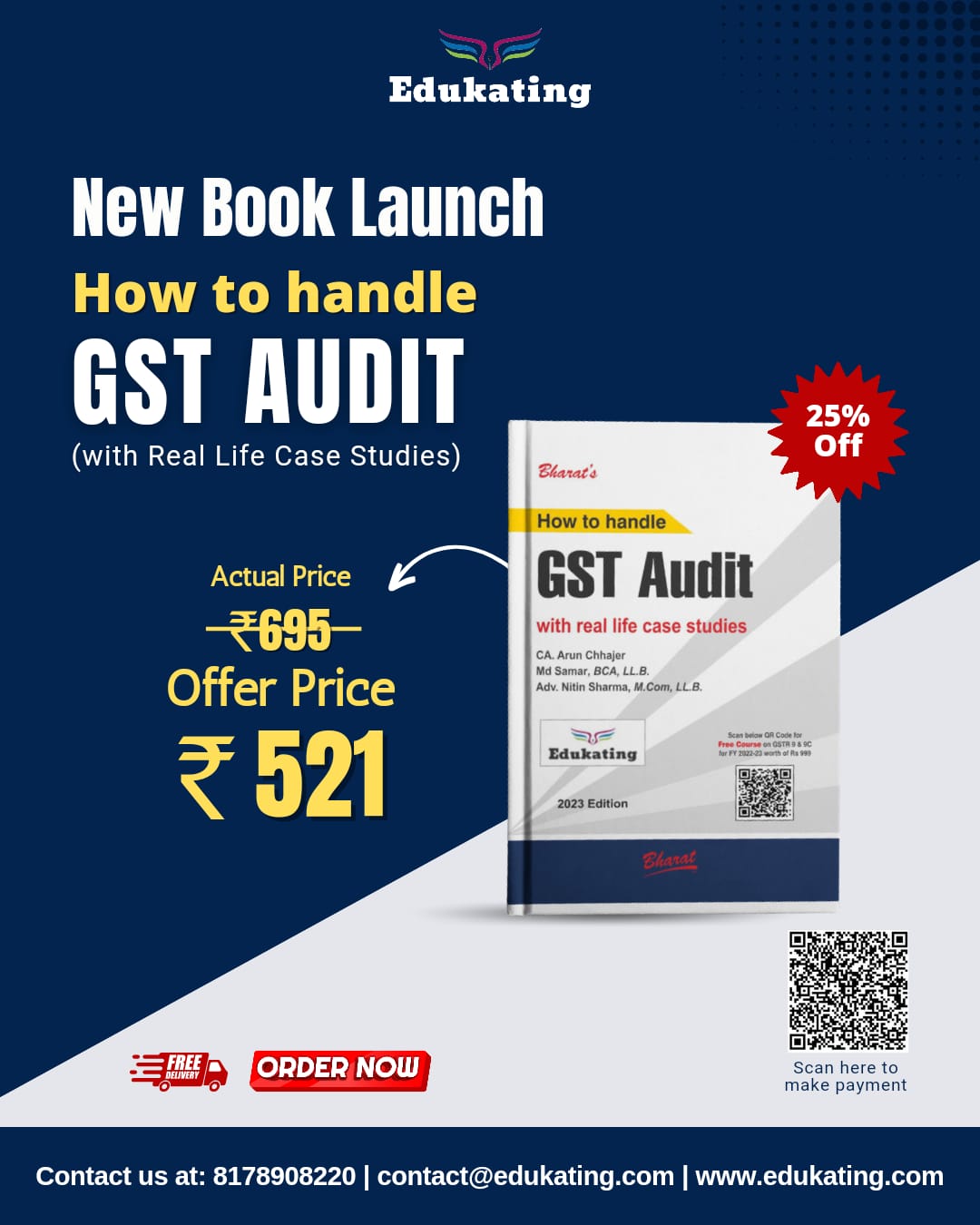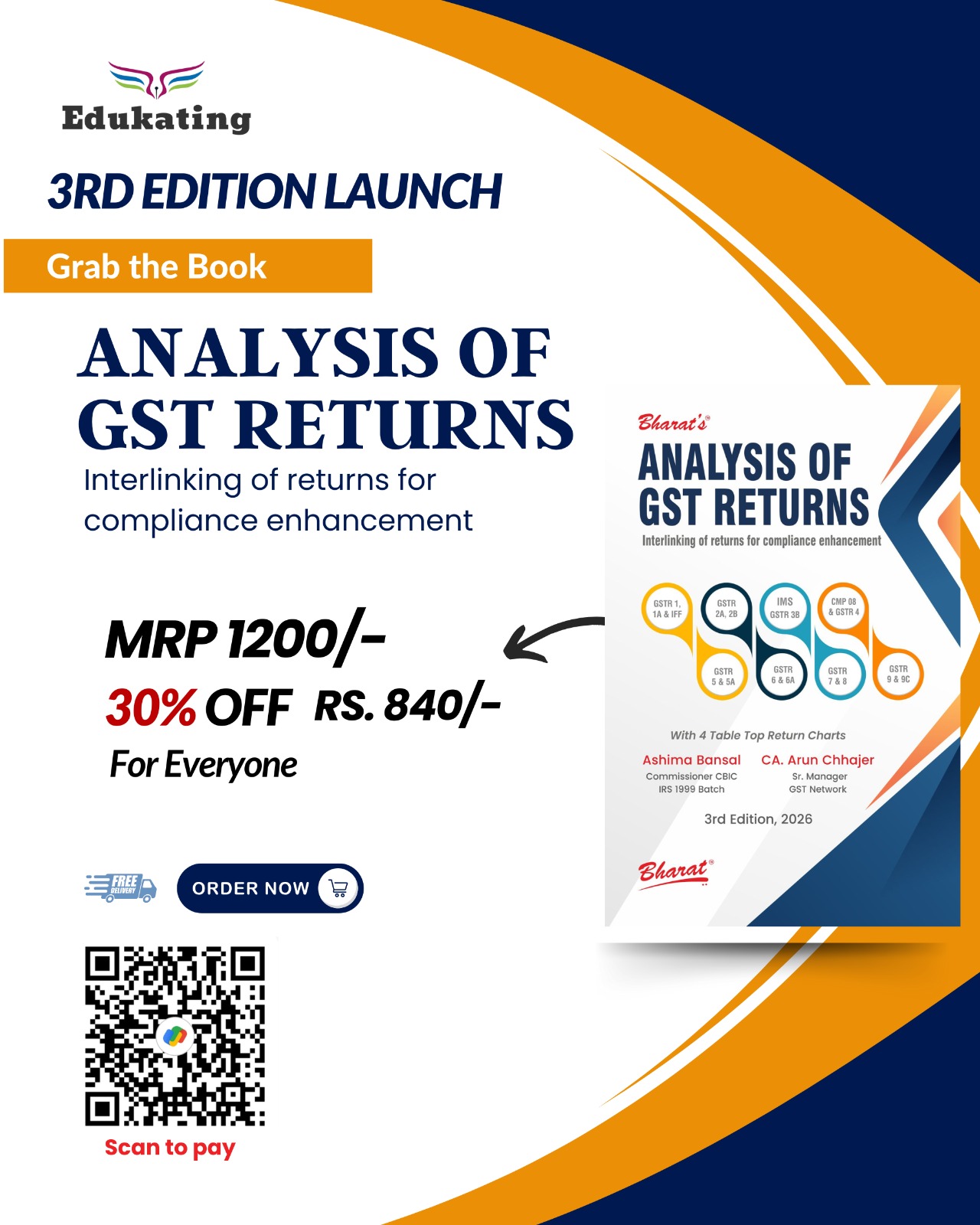Key Recommendations of the 56th GST Council Meeting
PART – A
1. Intermediary Services & Place of Supply – A Gamechanger Ahead!
The place of supply for intermediaries has always been one of the most debated and grey areas under GST.
- Until now (Sec 13(8) of the IGST Act, 2017):
Place of supply = Location of the supplier.
- Post Amendment (recommended in 56th GST Council Meeting):
Place of supply = Location of the recipient [Sec 13(2)].
Implications:
Supplier is in India
1.Classifies as Export of Services under GST.
2. Opens the door to refund claims u/s 54 of CGST Act.
Supplier is outside India
1. Classifies as Import of services as Location of supplier is outside India, location of recipient in India and place of supply in India [post amendment],
2. Accordingly, RCM will be applicable on such import of services.
Though this change will be notified through the Finance Act, it promises huge relief for Indian service providers.
2. GSTAT will soon be Operational!
The Goods and Services Tax Appellate Tribunal (GSTAT) is a dedicated body for handling GST disputes. The GSTAT will:
(a) Accepting appeals by GSTAT: By September 2025
(b) Beginning of Hearings in GSTAT: By December 2025.
(c) Last date to file backlog appeals: until 30th June 2026.
3. Life & Health Insurance: Big Relief Recommended!
Individual Life & Health Insurance recommended to be exempt from GST (presently taxed at 18%).
What this means for a common man:
Lower premiums
Affordable healthcare cover
Easier to protect your family’s future
Impact: This move reduces the financial burden on households and makes insurance more accessible for the common man. A step towards building a more secure and well-insured India
4. New Simplified GST Registration Schemes Recommended
For Small & Low-Risk Businesses
(i) Outward tax liability on supplies to registered person up to Rs. 2.5 Lakh / month,
(ii) Auto-approval in 3 working days,
(iii) Voluntary opt-in / opt-out,
(iv) Expected to benefit 96% of new applicants,
(v) To start from 1st Nov 2025.
For Small Sellers on E-Commerce Platforms
(i) Can sell across multiple states,
(ii) No need for principal place of business in each state.
Impact of these recommendations:
(i) Less compliance burden,
(ii) Faster, simpler approvals,
(iii) Great support for MSMEs & e-commerce sellers.
5. Recommendation for Restaurant Services
Background:
Under GST, restaurant services are generally taxed at 5% without ITC (Input Tax Credit). However, if the restaurant operates within “specified premises” (e.g., hotels where the declared room tariff is Rs.7,500 or more per day), then GST is charged at 18% with ITC.
Vide NN 05/2025 – CTR Dated 16th Jan, 2015 w.e.f. 1st April, 2025 the definition of specified premises was revised. As per the revised definition. a premises from where a supplier is supplying hotel accommodation services will fall in the definition of Specified Premises if:
(i) The value of supply of any unit / accommodation is more than Rs. 7500 / unit / day in the preceding financial year, then it becomes a specified premises for the subsequent financial year.
(ii) Furthermore, an existing supplier of hotel accommodation services or a new GST registration applicant have been provided an option to declare the said premises as a specified premises.
(iii) In case of a person applying for new registration, a declaration declaring the premises to be specified premises is filed within 15 days of obtaining ARN for the registration application.
Ambiguity had arisen because some stand-alone restaurants (not attached to hotels) were claiming to be “specified premises” and opting for 18% with ITC—creating confusion and potential misuse.
56th GST Council Meeting Recommendation:
The GST Council in its 56th meeting has recommended adding an Explanation to the definition of “specified premises” to clarify explicitly that:
- A stand-alone restaurant cannot declare itself as “specified premises.”
- Therefore, it cannot avail the 18% with ITC option.
- It must continue under 5% GST without ITC.
- The earlier rate of 12% with ITC for restaurant is removed altogether.
6. Refund Related Recommendations
6.1 Recommendation for Provisional Refund arising out of IDS: 56th GST Council Meeting
Current Section 54(6) of the CGST Act, 2017:
As of now, the provisional refund can be granted equivalent to the 90% of the amount so claimed on account of zero-rated supplies only.
Recommendation of the 56th GST Council Meeting:
The Council recommended amending section 54(6) of the CGST Act, 2017, to provide for sanction of 90% of refund claimed on provisional basis, in cases arising out of inverted duty structure, on similar lines as is presently available for refund in respect of zero-rated supply.
Pending the amendment, instructions shall be issued by CBIC to direct Central Tax field formations:
(a) For grant of provisional refund equivalent to 90% of amount claimed as refund, arising out of Inverted Duty Structure,
(b) on the basis of identification and evaluation of risk by the system.
This shall be operationalized from 1st November, 2025.
6.2 Sanction of Risk Based Provisional Refund in case refund claims on account of zero-rated supply of goods or services or both (i.e. export of goods or services or both or supply to a Special Economic Zone developer/unit for authorised operations.)
Current Rule 91(2) of the CGST Rules:
As per the Rule 91(2) of the CGST Rules, provisional refund can be granted only after the scrutiny of evidence submitted to the Proper Officer for the claim of refund and after the Proper Officer is prima facie satisfied that the refund is due to the applicant as per Section 54(6) of the CGST Act, 2017.
Amendment proposed in Rule 91(2) of CGST Rules, 2017:
- 90% of refund to be sanctioned as provisional refund based on system-driven risk evaluation.
- In exceptional cases, officers may record reasons in writing and conduct detailed scrutiny instead of granting provisional refund.
6.3 GST Refunds in case of Low Export Assignments
Current Section 54(14) of the CGST Act, 2017:
No refund under sub-section (5) or (6) shall be paid to an applicant if the amount is less than Rs.1,000.
Proposed Amendment to Section 54(14) of the CGST Act, 2017:
- The Council recommended amendment to section 54(14) of the CGST Act, 2017 so as to remove the threshold limit for refunds arising out of exports made with payment of tax.
- This will particularly help small exporters making exports through courier, postal mode etc.
This will come as a relief for Small Exporters and shall mean Improved Cash Flow as Every rupee of refund counts, especially for MSMEs with tight working capital cycles.
7. Recommendation on Tobacco & Pan Masala
The Council has recommended retail sale price (RSP)-based valuation under GST for:
- Pan Masala
- Cigarettes
- Gutkha
- Chewing Tobacco
- Zarda
- Scented Tobacco
- Unmanufactured Tobacco
Accordingly, the amendments in CGST Rules, 2017 and related notifications will follow. This move aims to ensure uniform valuation, better compliance, and reduced tax evasion.
- Meaning of Retail Sale Price (RSP)-Based Valuation
Retail Sale Price (RSP) means the maximum price at which a product is sold to the final consumer (inclusive of all taxes, printed on the package). Under RSP-based valuation in GST, instead of taking the manufacturer’s cost price or transaction value (i.e., the price charged to distributor/wholesaler), the taxable value is linked to the printed RSP.
This ensures tax is levied on the final consumer price, not on potentially undervalued internal transfer prices.
8. Recommendations relating to Post Sales Discount
8.1 Amendment of section 15 and section 34 of CGST Act, 2017 in respect of Post Sale Discount
- Section 15(3)(b)(i) of the CGST Act, 2017: The value of the supply shall not include any discount which is given after the supply has been effected, if such discount is established in terms of an agreement entered into at or before the time of such supply and specifically linked to relevant invoices.
Therefore, as per the current provision of Section 15(3)(b)(i) of the CGST Act, 2017 a discount given after the supply is made can be excluded from the value of supply only if the following two conditions are satisfied:
(i) Pre-agreed in contract – The discount must be established in terms of an agreement entered into at or before the time of supply.
(ii) Invoice-linked – The discount must be specifically linked to relevant invoices (not general or open-ended).
Recommendation of the 56th GST Council Meeting:
The GST Council in its 56th meeting recommended to omit section 15(3)(b)(i) of CGST Act, 2017 thereby omitting the requirement of establishing the discount in terms of an agreement entered into before or at the time of such supply and specifically linking of the same with relevant invoices.
- Amendment in Section 15(3)(b) of the CGST Act, 2017 to provide that discount should be granted through credit note issued u/s 34 of the CGST Act, 2017:
As per the current Section 15(3)(b) of the CGST Act, 2017 The value of the supply shall not include any discount which is given after the supply has been effected, if—
(i) such discount is established in terms of an agreement entered into at or before the time of such supply and specifically linked to relevant invoices; and,
(ii) Input tax credit as is attributable to the discount on the basis of document issued by the supplier has been reversed by the recipient of the supply.
Recommendation of the 56th GST Council Meeting:
The GST Council in its 56th meeting recommended to amend section 15(3)(b) of CGST Act, 2017 to provide that discount should be granted through a credit note issued under section 34 of the CGST Act.
Accordingly, it is recommended to amend section 34 to include a reference to section 15(3)(b) of the CGST Act, 2017 so as to provide for reversal of Input tax credit by the recipient in case where a post-sale discount is given and value of supply is reduced through GST Credit note.
Therefore, as per the recommendation of GST Council:
(a) Post-sale discounts will be recognized through a Credit Note under Section 34.
(b) The recipient will have to reverse Input Tax Credit (ITC) if the value of supply reduces due to such credit notes.
(c) This brings clarity and a proper mechanism for adjusting tax liability.
8.2 Rescind circular No.212/6/2024-GST dated 26 June 2024
Circular No. 212/6/2024-GST Dated 26th June 2024 was issued to provide a Mechanism for providing evidence of compliance of conditions of Section 15(3)(b)(ii) of the CGST Act, 2017 by the suppliers.
Under Section 15(3)(b) of the CGST Act, post-supply discounts can be excluded from the taxable value of a supply—but only if three conditions are met:
(a) The discount is pre-agreed (at or before the time of supply).
(b) It is specifically linked to the relevant invoices.
(c) The recipient has reversed the Input Tax Credit (ITC) corresponding to the discount.
In absence of no system functionality/ facility presently available on the common portal to enable the supplier or the tax officer to verify the compliance of the said condition of proportionate reversal of input tax credit by the recipient, it was clarified by this circular that till the time a functionality/ facility is made available on the common portal,
The supplier may procure a certificate from the recipient of supply, issued by the Chartered Accountant (CA) or the Cost Accountant (CMA), certifying that the recipient has made the required proportionate reversal of input tax credit at his end in respect of such credit note issued by the supplier.
Recommendation of 56th GST Council Meeting:
To rescind Circular No.212/6/2024-GST dated 26 June 2024 which provided a mechanism ensuring compliance of conditions of Section 15(3)(b)(ii) of the CGST Act, 2017 by the suppliers.
This is line with the amendment proposed in Section 15(3)(b) of the CGST Act, 2017 read with Section 34 of the CGST Act, 2017 to specifically provide for reversal of Input tax credit by the recipient in case where a post-sale discount is given and value of supply is reduced through GST Credit note.
In such a case once the requisite amendments are made in Section 15(3)(b) and Section 34 of the CGST Act, 2017 there will be no need to obtain a certificate from CA / CMA that the recipient has made the required proportionate reversal of input tax credit at his end.
8.3 Issuance of circular on certain issues pertaining to Post Sale Discount:
In order to remove ambiguity and legal disputes, the Council recommended to provide clarification on certain issues pertaining to Post Sale Discount namely, -
(i) non-reversal of Input Tax Credit on account of post-sale discount through financial/commercial credit note;
(ii) treatment of the post-sale discount provided by manufacturer to the dealer as additional consideration, in the transaction between dealer and end-customer;
(iii) treatment of post-sale discount as consideration lieu of promotional activities etc. performed by the dealer.
9. Alignment of Valuation Rules for lottery tickets with applicable GST Rate Change:
(a) The Council has recommended to align the valuation rules with the applicable GST rate change for lottery tickets.
(b) Accordingly, amendments will be made in the GST Valuation Rules to bring uniformity and clarity.
PART - B
CHANGES IN GST RATES OF GOODS AND SERVICES
1. Implementation Timeline of Change in GST Rates
2. Which Rate will be applicable on Supply? – Old or New!
Link for 56th GST Council Meeting Press Release and HSN Wise change in GST Rate : https://img.indiafilings.com/guides/pdf/Historic-56-th-GST-Council-Press-Release.pdf




 Team Edukating
Team Edukating


























































